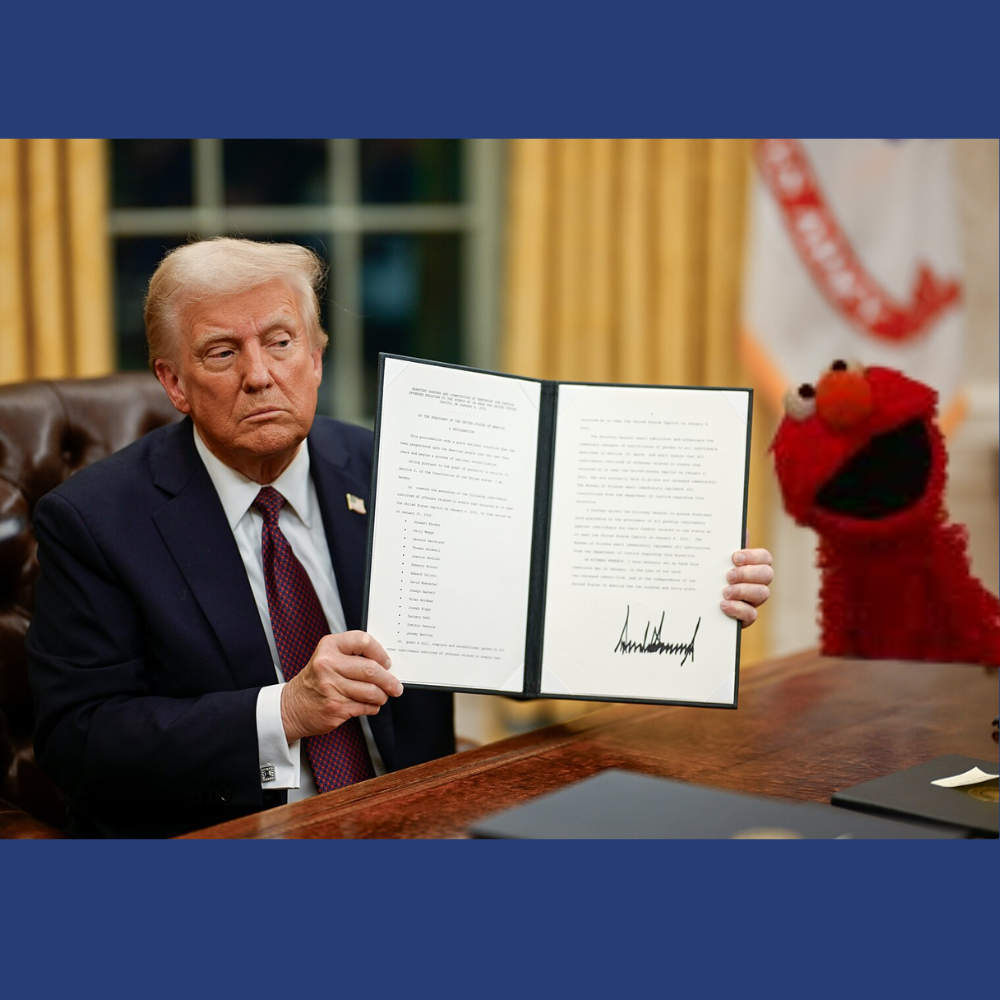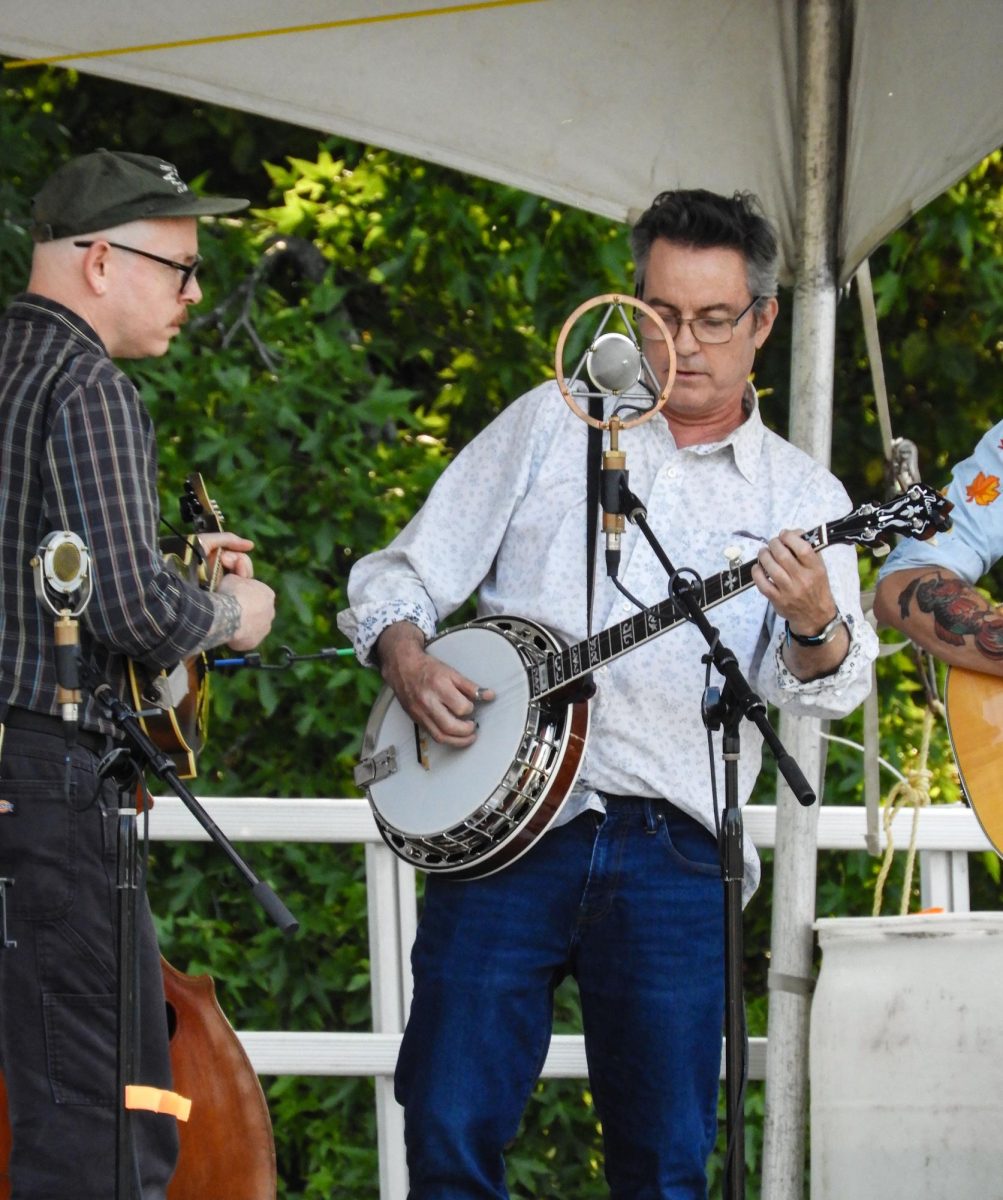President Trump has signed an executive order to cut all federal funding to the Public Broadcasting Service (PBS) and National Public Radio (NPR). This has affected the programs greatly, considering that federal funding makes up around 15% of PBS’s budget and around 5% of NPR’s budget. The president’s rationale can be found in his Executive Order on May 1st, where it was deemed that federal funding to these programs are “corrosive to the appearance of journalistic independence.”
Nico Fisher is a high school Junior from the Bay Area involved with Reporting Labs, a PBS led student organization involved in local reporting. “We buy content from national NPR and national PBS affiliates. It’s this affiliate system of independent member stations being part of this broader organization that makes it a lot more complicated, especially from a funding perspective.”
Fisher went on to say that some rural states struggle to receive the same amount of funding as other states . “The Federal Government steps in and it helps keep these stations [that lack funding] afloat. Those stations are the ones really affected, and that’s the real struggle,” Fisher said.
When asked if he believed federal funding was necessary, he said, “I think that federal funding to PBS is necessary because I think that PBS is America’s Largest Classroom. 99.7% of American Households have immediate access to a PBS station via live TV, and 100% of American households have access to PBS via online platforms. No matter who you are in the United States, no matter where you come from, whatever corner of our great nation, you have access to PBS, and PBS teaches you amazing skills [that] not only children but adults can benefit from.”
A major area of controversy surrounding the Executive Order is “Sesame Street,” a PBS-owned TV kids’ program. With the funding cuts, “Sesame Street” may significantly reduce its operations and number of episodes.
Sam Tedder, a Republican National Committee member mentioned that “Sesame Street” will not be severely impacted by the cuts. “There are a lot of things that could get cut from PBS if they can’t make up the funds somewhere else; Sesame Street’s not one of them. PBS would have to shut down [entirely] in order for Sesame Street to shut down,” Tedder clarified.
Tedder does not believe that funding PBS was a good use of federal money.
“Having listened to and watched PBS and NPR programs on and off, they are unbelievably biased. I can’t see the utility of taxpayer money going to programming where half or over half of the public fundamentally disagree, Tedder said.
“I don’t think it’s worth my taxpayer money, I’ll tell you that much,” Tedder concluded.
In a different view similar to Fisher’s, MFS WordsWorth’s Adviser Diana Day believed it was a good use of federal funds to support PBS and NPR, and that she was “definitely concerned” since “they have a reach to ninety-nine percent of the country to offer news information, emergency information, and educational programming for free. It’s like a great equalizer in our country; It gives access to information for everybody,” Day said.
Day also mentioned the likelihood that local news coverage, a major aspect of PBS and NPR, would decrease, and therefore, people would not understand basic information about their elected officials.
“Most likely, [it is] illegal for [Trump] to cut the funding; he doesn’t have control over that. It’s been approved by Congress. I believe that Congress has already recently earmarked the funds for the Corporation for Public Broadcasting in 2027 … He’ll tweet out on social media, for example, that they are radical left-wing monsters, and they’re not, in my understanding,” Day said.”
The argument that Trump’s cuts are not legal stems from the current lawsuit filed against the Trump administration, where it is argued that the “Constitution and laws forbid the President from serving as the arbiter of the content of PBS’s programming, including by attempting to defund PBS.”
However, Day believed that “there would be no impact” regarding the production of “Sesame Street,” similar to the beliefs of the RNC source.
“Sesame Street” has recently announced a collaboration with Netflix, involving the newest “Sesame Street” episodes to be streamed on the site. With part of the reasoning being the federal cuts to PBS, bringing up major questions about quality control in the show.
“My sense is that the organization that produces Sesame Street is still going to be in charge. And I’ve heard that they are already considering changes that I don’t think have anything to do with Netflix,” Day said.
Leo Male ‘28, was an avid Sesame Street fan with strong feelings about the controversy.
“I see Sesame Street’s relocation to Netflix working out in a great way. Netflix is a really big streaming platform, and Sesame Street going to Netflix would be a great move and [a] great financial decision.” Male did not mention any concern for quality control in the show’s relocation.
When asked about the current situation of “Sesame Street,” Male remarked, “I watched it [Sesame St.] as a child, I don’t want it to go, I want it to be there forever.”
Further Reading:
Trump’s Executive Order:
PBS, FAQs about support
https://www.pbs.org/newshour/support/frequently-asked-questions-about-support
NPR, how to donate







